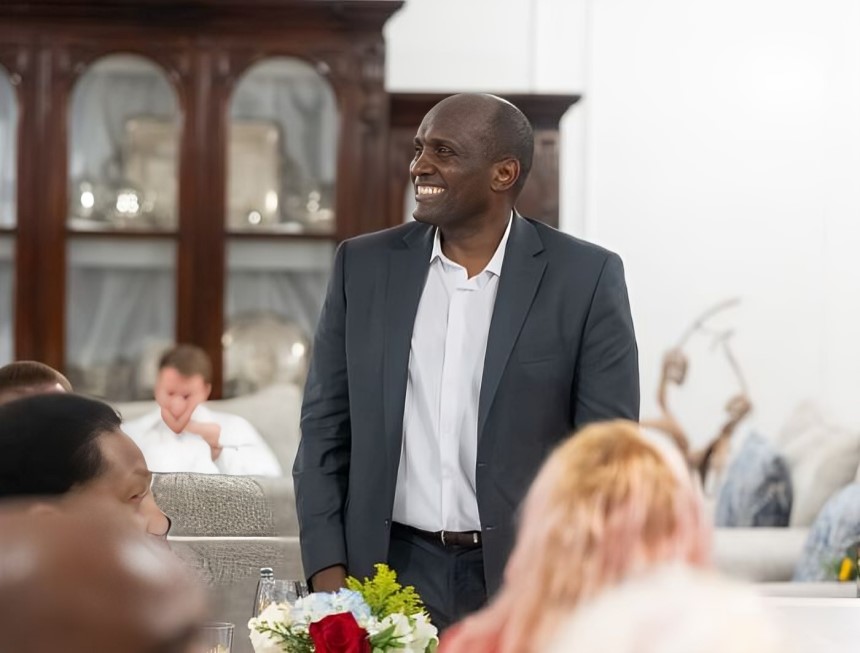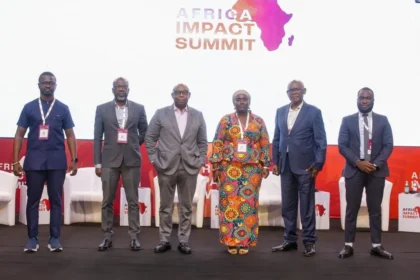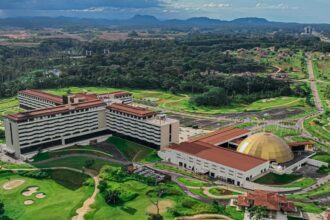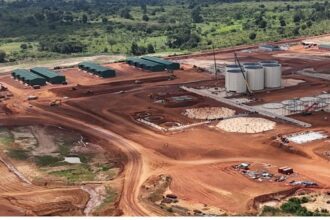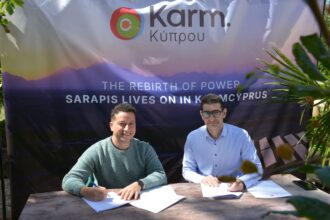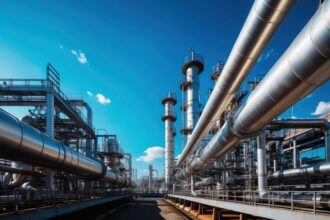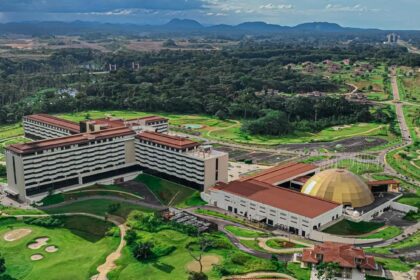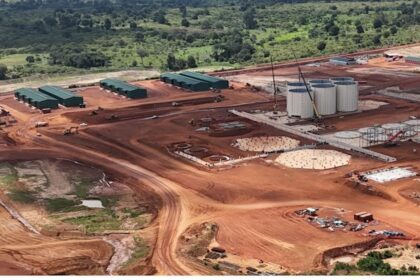At a Glance
- Court filing reveals confidential clean energy deal Julius Mwale and Elon Musk’s Tesla.
- MMTC powers clean energy cities in Kenya, expanding to Zambia and Ghana.
- Tesla’s role adds credibility to Mwale’s model of sustainable African urban growth.
In a little-noticed filing in a U.S. court, a confidential partnership between Kenyan businessman Julius Mwale and Elon Musk’s Tesla quietly came to light, drawing the low-profile entrepreneur back into the spotlight.
The detail emerged from a dismissed $1.7 million lawsuit in the Southern District of New York, offering an unexpected glimpse into Mwale’s work with one of the world’s most prominent clean energy companies.
Tesla drives solar energy in Africa
The case began when Mathew and Brooke Shaw, an American couple, alleged that Mwale borrowed money from them in 2022 for business activities in the Democratic Republic of Congo. They also accused him of misrepresenting the scope and purpose of his $2 billion project in Kenya, Mwale Medical and Technology City (MMTC).
The case was ultimately dismissed after a settlement was reached in April 2023, but court documents revealed a surprising link: Tesla is directly involved in building the solar energy systems that power MMTC.
Tesla, widely known for its electric vehicles, also produces solar panels and energy storage solutions, technologies that have often struggled to gain a foothold in developing regions. Through MMTC, the company has found a different kind of entry into Africa, one that doesn’t depend on large-scale commercial rollouts but instead integrates into a ready-made platform focused on renewable energy and community infrastructure.
Mwale expands African clean energy cities
For Mwale, the collaboration with Tesla is a sign of how much his work has grown. Trained as an engineer and once based in New York, he first made a name for himself in the U.S. through ventures in mobile banking and cybersecurity. Today, his focus is on Africa. In Butere, western Kenya, he’s building a city designed to run on clean energy, provide quality healthcare, and give residents access to education and modern technology, all within a self-sustaining system.
That vision is already taking shape. MMTC is delivering solar power, healthcare, and jobs to thousands of people. Tesla’s involvement, previously unknown to the public, lends added credibility, and hints at the project’s broader potential. MMTC could become a model for other regions, showing how African cities might grow with clean energy rather than fossil fuels.
The court records also point to Mwale’s expanding network. They mention connections with influential U.S. figures, including former Hewlett-Packard CEO and U.S. ambassador to Kenya Meg Whitman, Senator Mitt Romney, and artist-turned-entrepreneur Akon, who has led his own development projects on the continent. While the nature of these ties isn’t fully detailed, they reflect Mwale’s increasing reach beyond Kenya.
That reach is already translating into action. MMTC is no longer just a Kenyan project, it’s being replicated. In June 2024, Mwale signed a deal with Zambia’s state-owned Industrial Development Corporation to roll out smart cities and renewable energy infrastructure. Ghana signed a similar agreement the previous year. Discussions are underway with Botswana, Sierra Leone, and Congo, among others.
MMTC’s model drives real progress
What Julius Mwale is building goes beyond physical infrastructure. His approach combines private capital, cutting-edge technology, and community-focused planning. MMTC’s layout connects hospitals, solar farms, research centers, and digital classrooms, all powered by renewable energy.
For many parts of Africa, where access to healthcare and electricity remains limited, the results matter more than the rhetoric. And so far, MMTC is delivering. Unlike many large-scale projects that stall or fade away, it’s up and running, creating jobs, offering services, and quietly showing what’s possible when ideas are backed by action.

